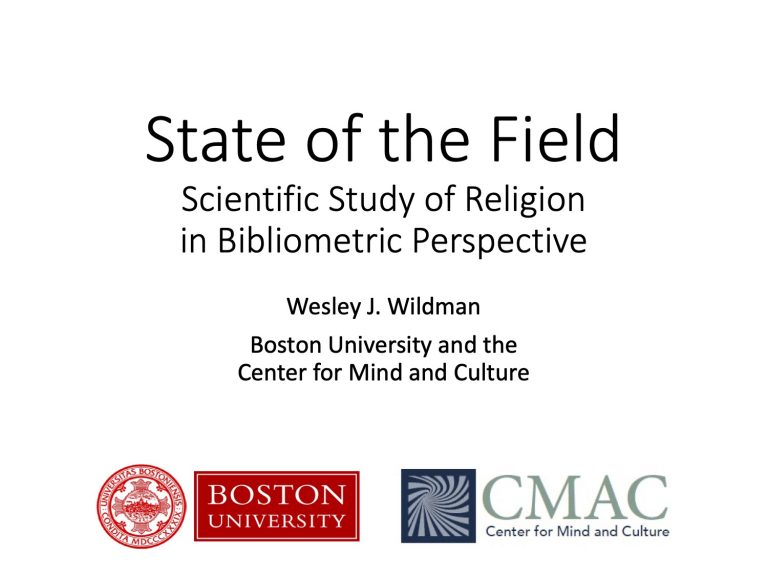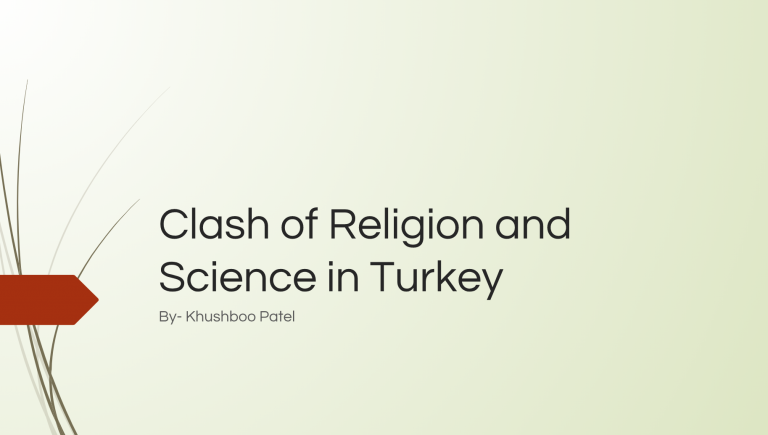Research Associate Catherine Caldwell-Harris
Annual Meeting of the Psychonomics Society, Chicago IL USA
2015
Abstract: AYŞE AYÇIÇEĞIDINN and SEVIL HOCAOĞLU, Istanbul University, CATHERINE CALDWELL-HARRIS, Boston University (presented by Catherine Caldwell-Harris). — Having an analytical cognitive style is correlated with reduced religiosity, possibly because analysis prompts individuals to scrutinize beliefs that conflict with scientific naturalism. We tested the constraining environments hypothesis: Cognitive/personality styles have less influence when sociocultural norms constrain what beliefs are acceptable. Among female Turkish university students residing in Istanbul, cognitive style had minimal association with religiosity. However, the correlation was of similar magnitude to western samples among males, and among English-Turkish bilinguals. Turkish males face less stigma when they move away from religion than do females. The bilingual students may have acquired individualist ideologies via English exposure in their teen years, and may have experienced freedom from their family to pursue their own educational goals (i.e, invest in English study). Observed correlations between cognitive styles and religiosity might reflect a third variable: individualism (as a cultural value and personality trait) could separately promote analytical style and reduced religiosity.
Learn More about the Conference Here



